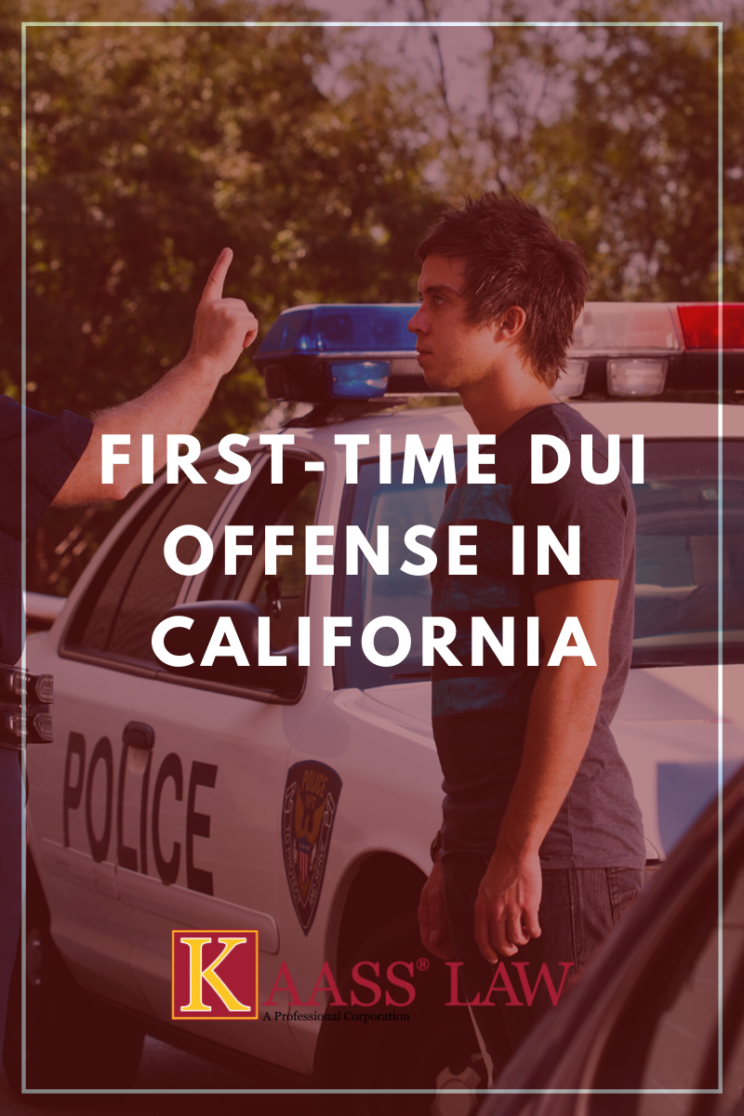What is a DUI?
DUI means when someone drives under the influence of alcohol or any other substance that can impair their ability to drive.
What Happens to First-Time Offenders?
A first time offender is someone who has never received a DUI in the past ten years. Should you face a first time DUI charge in California, you likely face a misdemeanor charge punishable by 3 to 5 years of probation and up to $1,000 in fines. Additionally, you will likely have your driver’s license suspended and will need to take rehabilitation classes, such as DUI school.
What Happens After Receiving a DUI?
Once you are arrested for a DUI, you will face a criminal trial and/or a DMV hearing.
- Criminal Trial
Here, the prosecutor has discretion as to whether to charge the defendant as well as on what and on how many counts. Keep in mind that a criminal charge is difference from a DMV hearing in that criminal court is mandatory. In other words, it is important that the defendant be present for the entirety of their criminal case.
- DMV Hearing
A DMV hearing is separate from a criminal trial and is not automatic. The defendant may choose to request this hearing within the first ten (10) days from their arrest date should the defendant choose to challenge the automatic driver license suspension.
California Vehicle Code Section 23152(a)
Under this section, it is deemed unlawful for a person who is under the influence of any alcoholic beverage to drive a vehicle. Generally, the prosecution will likely charge the defendant of violating this section should the defendant display signs and symptoms associated with intoxication. Prosecutors may use circumstantial evidence to show that the defendant in fact was driving impaired such as swerving in and out of lanes, slurred speech, and failing the field sobriety test.
Possible Defenses to a California DUI Charge
A defendant may be able to counter a Vehicle Code Section 23152(a) charge by showing that the accident occurred for non-alcoholic reasons. Consider health conditions as well. For instance, a person who suffers from type 1 diabetes may be able to show that they were in fact experiencing an insulin shock or hypoglycemia and therefore why they showed similar symptoms such as dizziness, shakiness, confusion, and poor coordination.
Glendale DUI Attorney
If you are facing your first DUI charge, contact KAASS LAW at (310) 943-1171 and speak to our experienced Glendale DUI attorneys for a free consultation and case review.

